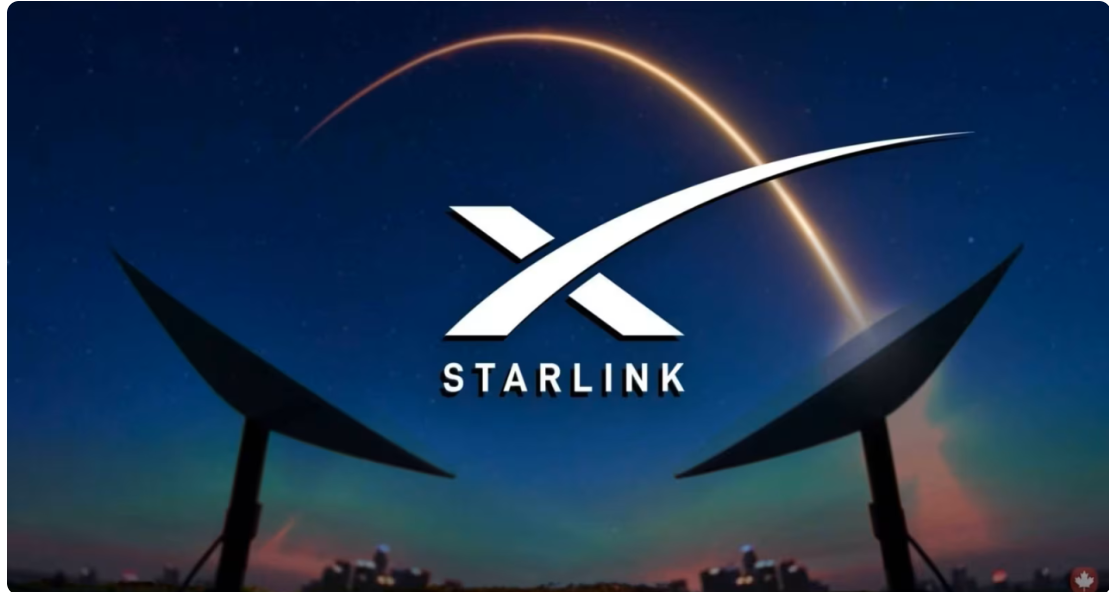In late February 2024, StarSat Africa, a South African company based in Mozambique that imports Starlink, intends to slash prices for Starlink gear by thirteen to twenty percent.
This potential price reduction follows a recent sale on bulk orders by Starlink’s parent company, SpaceX. Although South Africa’s communications regulator, ICASA, banned Starlink, this development has occurred anyhow.
The satellite connection provider announced that it would be reducing the price of its Starlink units from R14,999 ($789.56) to between R12,000 ($631.69) and R13,000 ($684.33). All import, VAT, and shipping fees are already included in StarSat Africa’s price.
Considering all operating charges and government fees, the company claims that the price cut might be lower than expected.
Read also: How Starlink expands African internet connectivity
StarSat Across Africa
As part of its objective to bridge the digital divide in the tech landscape of Southern Africa and beyond, StarSat offers satellite internet services to multiple African nations. In addition to South Africa, 17 sub-Saharan African nations, including Botswana, Namibia, Zimbabwe, Tanzania, and Kenya, are sourced and supplied by Starlink kits by StarSat Africa.
At 485,000 Rwandan Francs ($377), Rwanda is presently the least expensive African country to buy a Starlink kit. Product prices in the other seven African countries where Starlink operates range from $389 to $631.
While South Africans can save money by purchasing these kits in one of these countries and importing them to their home country, they will still be subject to higher shipping and tax costs.
Orders for Starlink kits can now take up to four months to process due to the extremely high demand at Starsat Africa. There are 300 units in Namibia’s back order and 72 in South Africa’s. This doesn’t even account for the 300 units that are supposed to arrive soon from the Black Friday orders.
Customers can anticipate receiving their orders two days following delivery once the company aims to clear all backlogs by the end of March.
Starlink must obtain operating license in SA
ICASA has issued a warning that the service is illegal to use in the country until Starlink obtains the necessary operating and spectrum licences. Over 14,000 StarSat users in South Africa were using Starlink, so apparently, no one paid attention to the warnings. Although Starlink’s roaming services are not officially approved in South Africa, they are available across the country.
Starlink has been banned by multiple African regulatory authorities, not just Icasa. The Zimbabwean government’s postal and telecommunications regulatory agency (POTRAZ) has recently joined forces with law enforcement to crack down on defaulters across the nation.
Ghanaians were cautioned by the National Communication Authority not to use Starlink’s products or services and were ordered to cease all sales and service operations on December 7, 2023. Telecom regulator in Ghana deemed Starlink’s equipment sales and operations unlawful due to the company’s failure to secure necessary licences and type approvals prior to launch. The allegation that intermediaries are driving up the price of installing satellite Internet service is the source of this news.
Starlink was also not granted permission to operate in Botswana. Elon Musk’s company allegedly failed to disclose key information needed to conduct business in Botswana, according to the country’s Communication Authority.
